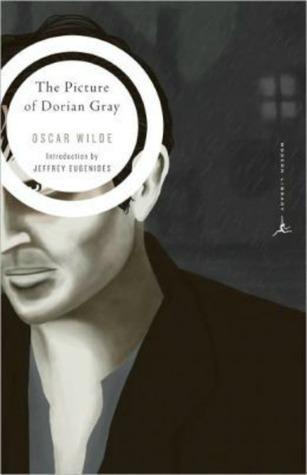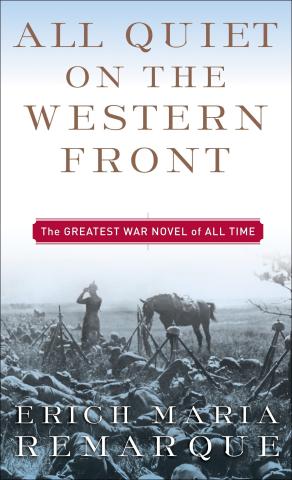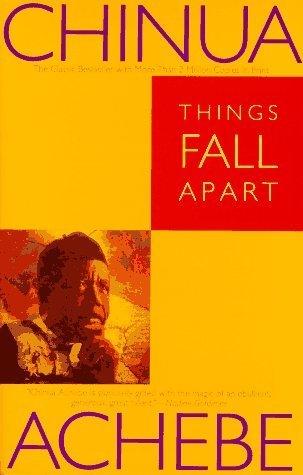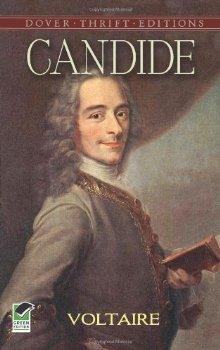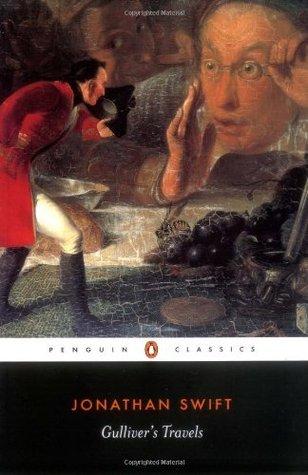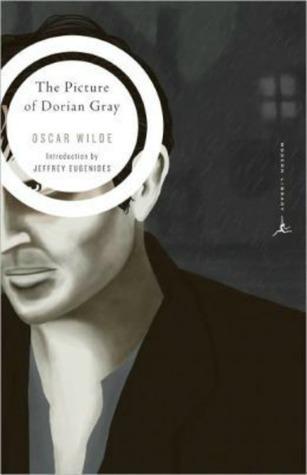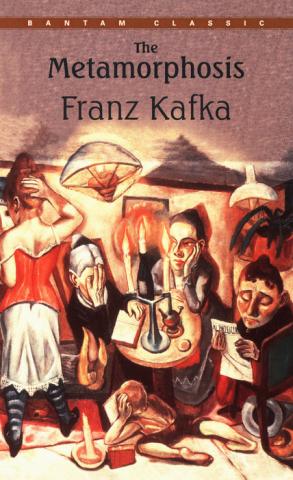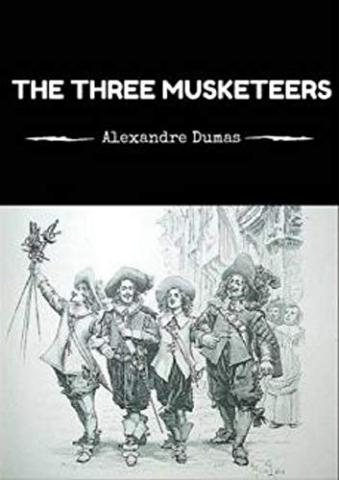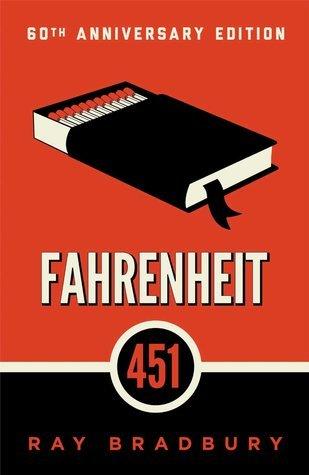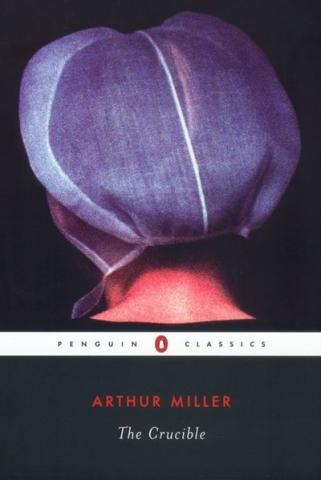The novel “Candide” is a satire on the philosophy of optimism given by German philosopher Wilhelm Leibniz. The concept of Optimism suggests that everything is going to end well in this best world. It was written by Voltaire, one of the most famous and well-read novelists in the world. The word "Candide" means an innocent, simple, and kind-hearted person. The protagonist of the novel traverses across the world and comes across many disasters and faces many hurdles. Pangloss defends optimism by saying that everything happens in this best world for a reason, and it doesn't matter whether it is good or deplorable.
The story opens with Candide, who lives in a noble castle. In the beginning, he is a strong believer of his master's optimism. But as the story proceeds on, Candide gradually begins to doubt in optimism when he is expelled from his castle for loving the daughter of the Baron. After that, another incident happens as the Bulgarians attack the castle of Baron and burn it to the ground, and they massacre all the ladies and children without mercy. After having seen all this, Candide is forced to say that if this world is the best, then why are all these disasters happening to those who don't deserve to be punished? Optimism is useful, and he calls it
"The mania of maintaining that everything is well when we are wretched."
After being expelled from his hometown, he enters the country of Eldorado and receives a very warm welcome from the people of this country. Here, the people nature lover, and their behaviour towards guests is very good and polite. This place is full of beautiful, prodigious mountains, green fields, people love each other, and Candide falls in love with this place. They are with four soups and two roasted monkeys for dinner without taking money. Candide thinks Pangloss was right: all is for the best. The dilemma of Candide about optimism goes on throughout the novel.
Candide offers us some significant themes. Let’s discuss those one by one. On many occasions, the cruelty of people can also be clearly seen in this book. For instance, on his way to Suriname, he sees a physically impaired negro. Candide asks him who did to you?, and the negro replies that we are given only a pair of cotton drawers as clothing twice an year. We work in sugar mills, and when we are tired of working and try to run away or refuse to work, they (white men) cut our legs and hands. We pay this price for the sugar you eat in Europe. His sorrows wrench us when he says animals are also less miserable than we are and he questions we too are human beings and the children of Adam, then why are we treated so horribly?
The tale of an old woman is also very painful. She is the daughter of Pop Urban X and the princess of Palestrina. She is a beautiful lass of honour with blue eyes and curly hair. While she is travelling with her mother to another place named Gaeta, they are attacked and captured by a Salle pirate. It is not easy for a princess to be taken with her mother as a slave to Morocco. She is still a virgin, but doesn't remain long. The flower that was reserved for the Prince of Massa Carrara is now perished by a negro who thinks he is doing her a great honour. Her mother and other women are raped and torn into pieces by these scoundrels.
Candide is a kind of character that shows we should not lose hope or impulse to reach our destination. For instance, Candide is kicked out of his castle because of his love for Cunegonde, whom he adores so much. then it is also reported that Cunegonde is dead, but he doesn't believe it, and after struggling for a long time, he finds her again and loses her again, but at last he marries his buff because he was determined to find her and never gave up.
The same whimsy is highlighted by Mian Muhammad Bakhsh in his tale “ Saif ul Malook”. The prince falls in love with a fairy named “Badi u Jamal”and sees her in his dreams. He sets out on a journey to find her, even though he doesn't know where she lives. His determination leads him to his fairy.
Giving power to someone over others makes people evil. The person to whom you give power will begin using it against others. As Shakespeare says:
"Power corrupts, and absolute power corrupts absolutely."
With great power there also comes great responsibility. According to the testimony of philosophers, exalted rank is very dangerous. For example, Eglon, the king of Moabites, was murdered by Ehud, and kings like Zedekiah and Jeconiah were made slaves. They all were perished because they had used their power for dark purposes. At the end of the day,
"We have to cultivate our garden.” (Voltaire)
Men are never contented with what they have, and their greed is unlimited. I think Tolstoy was right.
"Men are greedy by their nature."
After becoming the Prince of Persia, Candide rewards significant scientists and literary but they are still not satisfied and happy. Candide is quite with human nature and knows that men will never be satisfied with whatever they get because of their greedy nature, which cannot be changed easily.
In short, Candide is a master piece of Voltaire, and effects its readers deeply. Before reading it, I was desperate to know Voltaire's view on optimism. I enjoyed it a lot and might read it again because of its readable and diverse meaning under the layers.



